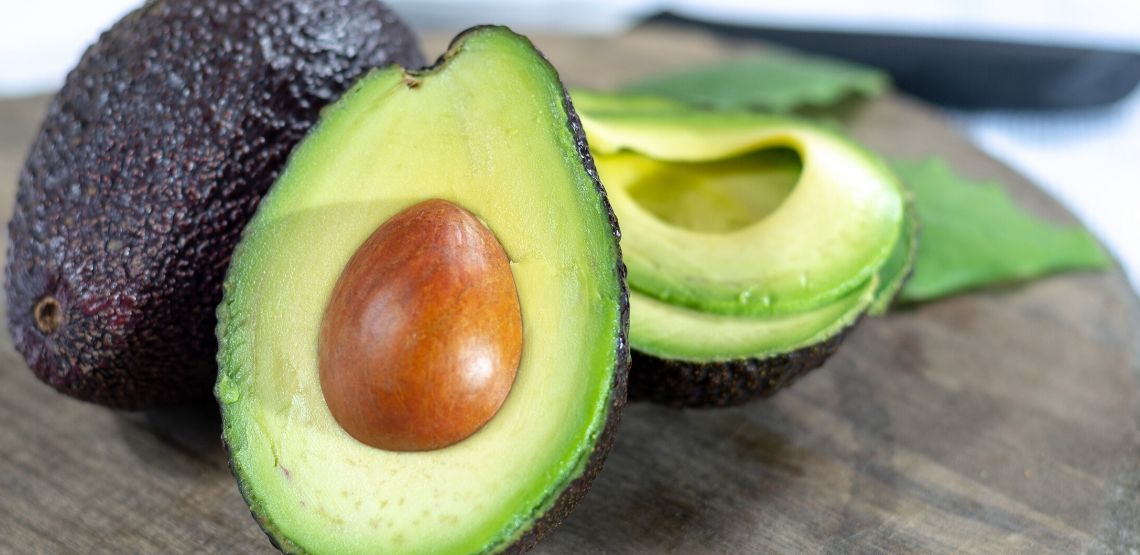Natural Laxative Foods To Help Constipation
Though it might be embarrassing to talk about, the struggle of constipation is common and should not be taboo to discuss. It affects millions of people and can be an indication of something being amiss in your diet or overall health. Not only is this struggle common and nothing to be embarrassed about, it is also highly treatable with some natural remedies you can find in your kitchen. Here are some natural laxative foods you might try to eat if you suffer from constipation.
What is a Laxative and Why is it Needed?
Laxatives are often used to treat constipation, which one in every three adults struggles with. However, they can come with a host of unwanted side effects like cramps, dizziness, dehydration, electrolyte imbalance and eventually, even dependence.
Since constipation is an issue most often caused by lifestyle and dietary choices, the good news is your kitchen and grocery store are both full of foods that can be a remedy without any harmful side effects.
Natural Laxative Foods
The following foods are easy to find in any grocery store and contain high amounts of fiber which promote regular bowel movements (which many of us are low on if we are eating a standard diet heavy in processed foods). These foods also provide digestive enzymes (crucial probiotics) and insoluble and soluble fiber. All of these encourage regular bowel movements.
Chia Seeds
These tiny, dark seeds pack a punch of nutrition and can help ease constipation. They act as a lubricant inside our bodies and provide 10gm of fiber in just one ounce. Chia seeds take on a gel-like texture when mixed with liquids and helps liquid move through the digestive tract (just make sure you are drinking enough water).
Leafy Green Veggies
You have likely already heard of the numerous health benefits of leafy greens. Another one of their perks is high magnesium content. This is an electrolyte that is crucial for softening stool, reducing constipation cramps and keeping bowel movements regular.
High Fiber Fruits
To ease constipation and meet the RDA of for many crucial vitamins and nutrients, load up on high fiber fruits such as prunes (famous for their laxative qualities), berries, bananas, apples and plums. Since all are naturally high in fiber, they help to move things along and add bulk to stool. You do not need high fiber cereals or bars to get the recommended 25gm to 40gm of fiber per day, as long as you are choosing fruits like these plus whole grains and veggies.
Avocados
These are packed with healthy fats and 30% of your daily fiber RDA in just one avocado. Avocados also have plenty of antioxidants, vitamin E, vitamin K and magnesium. What’s not to love?
Cruciferous Veggies
Cabbage, cauliflower, broccoli and brussel sprouts are all a part of the cruciferous family of veggies, and all contain plenty of fiber. They can also help to remove toxins from the digestive tract. For extra benefits, enjoy cabbage both raw or cooked, but also as sauerkraut, which contains important probiotics for a healthy gut microbiome.
It is also important to avoid processed foods, including lunch meats, hot dogs, fried foods and frozen processed foods. These are loaded with sodium and artificial flavors. Dairy can also irritate digestion, so choose plant-based dairy alternatives. Keep your alcohol intake moderate, since it can enhance dehydration, worsening constipation.
Pros and Cons of Using Food as a Laxative
There are practically zero risks to adding these healthy foods to your diet and plenty of nutritional benefits to be gained. Not only will you be adding fiber and natural stool softeners to your diet, you will be consuming healthier foods all around.
Compare this to taking over the counter laxatives, which are known for having unpleasant and sometimes dangerous side effects. Taking laxatives can create a dependence if used regularly and can lend themselves to overuse and abuse. Many athletes and those suffering from eating disorders use laxatives to control their weight, which can result in dangerous dehydration and electrolyte imbalances. If this worsens, the results can be dangerous. Weight loss, damage to the digestive system, cardiovascular system, and even death in extreme cases, are all possible.
With over the counter or natural foods that contain high amounts of fiber, it is important to not add too much too soon, as a sudden increase in fiber can initially cause bloating or discomfort, especially if you are used to eating a low fiber diet.
When to See a Doctor
Having normal bowel movements around three times a week is generally considered healthy, though everyone is different. If you are still struggling to be regular after making these tweaks to your diet and adding in these natural remedies, it may be time to make an appointment with your doctor to see if there are other issues causing the problem.
Other factors aside from food should be taken into consideration including stress levels, a sudden change in caloric intake or weight and travel. Other things to consider are changing schedules, exercise and medications, all of which can disrupt digestion.
In Conclusion
Constipation is a common health woe, but it does not have to be. Many cases can be healed through smart dietary choices, most of which we already know we should be making!
Avoid generally unhealthy foods we all know are bad for us—anything processed, sodium-loaded, high fat animal products, excess caffeine and sodas—and choose a diet rich in a variety of produce. Legumes, beans, grains, fermented foods, nuts and seeds are all great for healthy bowel movement. Eating these, you will be well on your way to a healthy digestive system in no time.


